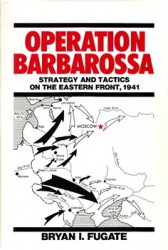Abenaki, pronounced AB-eh-nah-kee, can be translated from the Algonquian language as “those living at the sunrise,” “people of the dawn land,” or “easterners.” (The Algonquian word itself is wapanahki; alternative spellings include Abnaki, Wabanaki, or Wapanaki.) Those people classified under this name occupied ancestral territory in what now is the state of Maine, the easternmost of all the states, as well as parts of present-day New Hampshire, Vermont, and Massachusetts.
The Abenaki actually were an alliance of many Algon-quian-speaking tribes or bands—the Abenaki Confederacy—consisting of the Abenaki proper, along with other groups in Maine, the PASSAMAQUODDY and the PENOB SCOT, as well as the MALISEET and MICMAC to the north in present-day Canada and the PENNACOOK to the west in present-day New Hampshire. The Abenaki sometimes are discussed as the Eastern Abenaki and the Western Abenaki. The Penobscot, living along the Penobscot River in Maine, and other bands, such as the Pequawket (Pig-wacket) and Norridgewock, living along the Androscoggin, Kennebec, and Saco Rivers, are considered Eastern Abenaki. The Passamaquoddy are sometimes placed in the eastern subdivision although their closest relatives linguistically are the Maliseet. The Western Abenaki classification, based on a particular dialect, includes bands living along the upper Connecticut River valley in New Hampshire, Vermont, and Massachusetts, as well as the Mis-siquoi (Missiassik) on Lake Champlain in northwestern Vermont. The Pennacook in New Hampshire and bordering parts of Maine, Massachusetts, and Vermont are sometimes grouped with them as well.




 World History
World History









